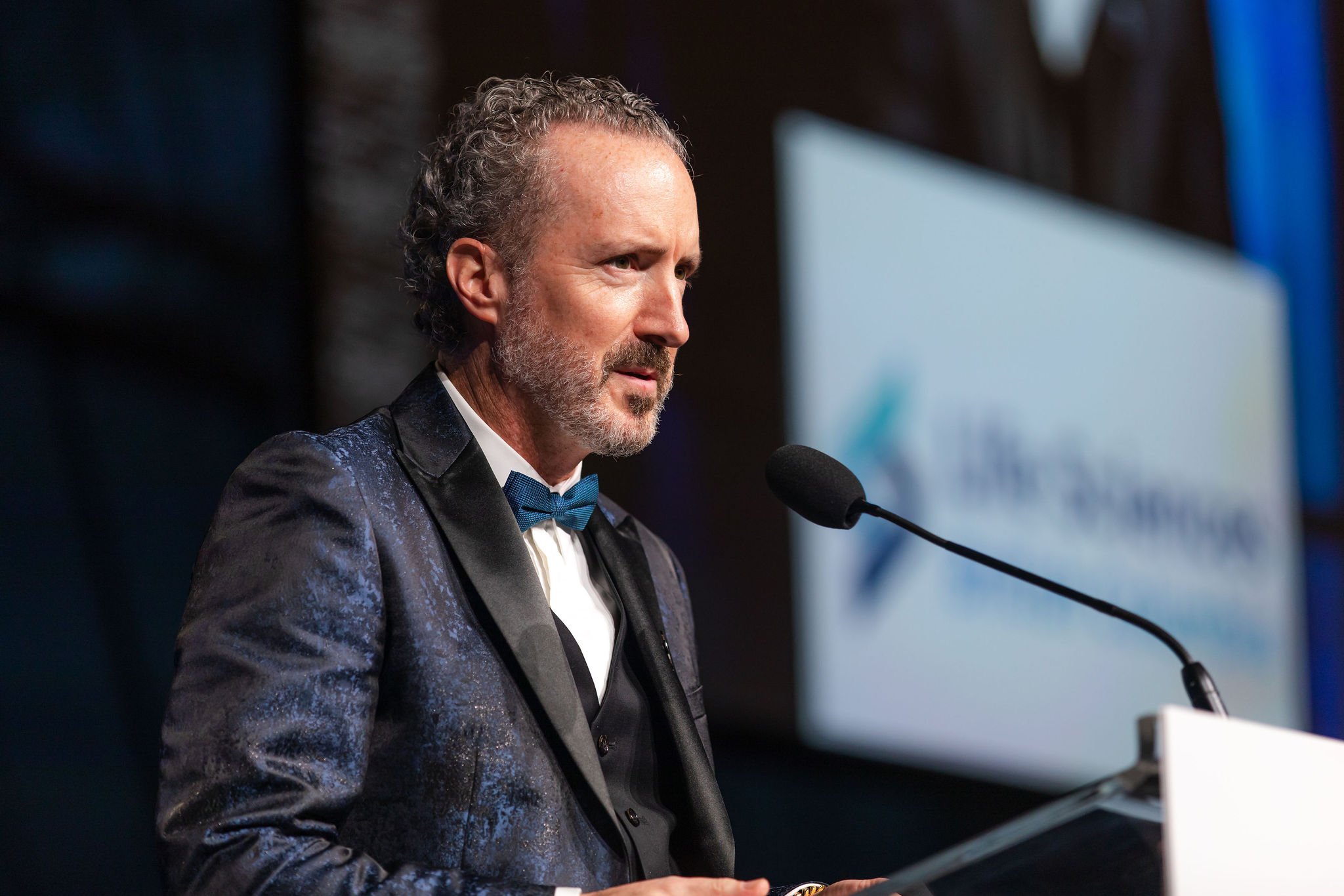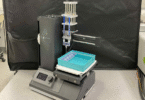A wearable ultrasound patch that continuously monitors heart function is making a vital step toward clinical validation studies, backed by a new investment from Providence Health Care Ventures (PHCV) and angel investors including cardiac physicians.
The technology from Sonus Microsystems represents a shift in how heart failure might be managed: instead of waiting for symptoms to become severe enough to warrant hospitalization, the patch aims to detect deterioration early, when interventions are most effective.
“As a physician working daily with patients with heart failure, I’ve seen firsthand how critical early detection is to preventing hospitalizations,” says Dr. Nathaniel Hawkins, Associate Professor at UBC and Physician Lead for the Regional Heart Failure Program and St. Paul’s Hospital Heart Function Clinic.
“The ability to continuously monitor cardiac function remotely could change how we detect early signs of decompensation in heart failure patients, potentially preventing hospitalizations and improving quality of life.”

The heart failure problem
The stakes are significant. Heart failure affects an estimated 750,000 Canadians and accounts for the highest rate of hospital readmissions compared to any other disease. Current monitoring approaches often catch problems too late—when patients are already experiencing acute symptoms that require emergency intervention.
Sonus’ approach uses proprietary Sonus Array Technology to enable high-resolution cardiac imaging outside traditional clinical settings. The wearable patch delivers continuous ultrasound monitoring, providing real-time data to physicians about changes in cardiac function.
“Sonus’s autonomous ultrasound monitoring delivers crucial, real-time information to physicians and healthcare providers; continuous, high-resolution imaging, that has the potential to transform patient monitoring and care, even outside of the clinical setting,” said Hani Eskandari, CEO of Sonus Microsystems.
From reactive to proactive
The investment from Providence Health Care Ventures—the organization’s 10th in a Canadian health innovation company—will directly support patient studies within Providence’s clinical ecosystem. The funding also enables collaboration on developing AI models for echocardiography data analysis, a critical component for translating continuous imaging data into actionable clinical insights.
“Our continued partnership with Sonus reflects our commitment to advancing technologies that address critical gaps in patient care,” said Brian Simmers, President of PHCV. “By investing in this next phase, we’re enabling clinical validation that will be essential to understanding how wearable ultrasound can impact heart failure management. The opportunity to integrate our clinical data resources to support AI development further strengthens the potential of this technology.”

The technology’s potential extends beyond heart failure management. According to Simmers, the real-time autonomous ultrasound monitoring could enable earlier detection of complications such as respiratory distress, fluid overload, and abnormal heart sounds that signal decompensation. “By moving clinicians from reactive to proactive intervention, Sonus is redefining how we safeguard patients and deliver care,” he explains.
The participation of physicians as angel investors alongside Providence Health Care Ventures signals confidence from the clinical community that the technology addresses genuine unmet needs in cardiac care. The investment positions Sonus to execute clinical studies while continuing broader fundraising efforts to support commercial-scale development.
For Providence Health Care Ventures, the investment represents a bet on technology that could strengthen Canada’s position in the global health technology landscape while potentially transforming how one of healthcare’s most challenging conditions is managed.





